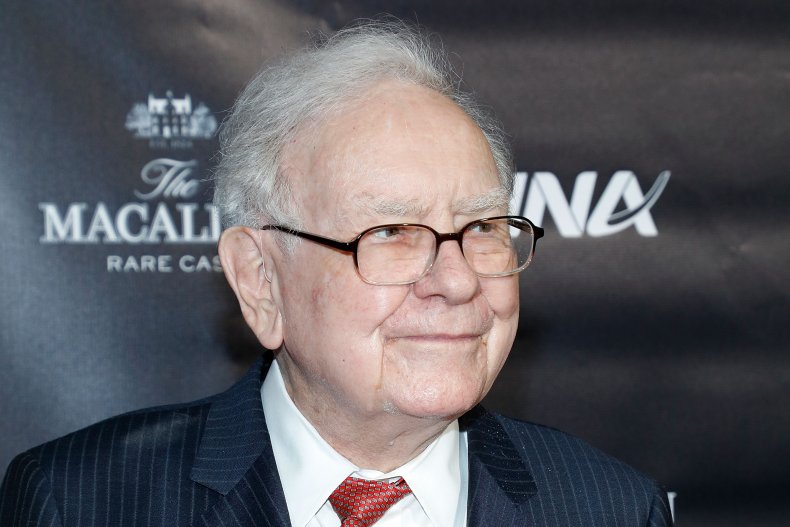Warren Buffett, Who Advocates Higher Taxes, Defends Paying the Least Among America's Richest
Billionaire Warren Buffett has offered his defense for reportedly paying the least taxes out of the 25 richest people in America.
Buffett's wealth grew by $24.3 billion between 2014 and 2018 but he only paid $23.7 million in taxes, a rate of 0.1 percent, after reporting taxable income of $125 million, according to an article published Tuesday by ProPublica. He defended his practices while insisting that he is in favor of tax reforms in a lengthy statement to the nonprofit news outlet.
"I continue to believe that the tax code should be changed substantially," wrote Buffett. "I hope that the earned-income tax credit is increased substantially and additionally believe that huge dynastic wealth is not desirable for our society."
"Perhaps annual payout requirements should be increased for foundations," he added. "Some time ago, I testified before Senator Baucus in favor of increasing and tightening estate taxes. (My persuasive powers proved to be limited.)."

Buffett has frequently advocated that higher tax rates be imposed on the wealthy, including backing former President Barack Obama's so-called "Buffett Rule" a decade ago. The rule would require the wealthiest Americans to pay a tax rate that is no lower than that paid by the middle class.
The billionaire has managed to pay a very low rate of taxes by minimizing his income while retaining most of shares he holds in his company Berkshire Hathaway. Buffett said that his stock in his company constituted around 99 percent of his overall personal wealth.
Berkshire Hathaway stock also does not bear dividends, further reducing taxable income for Buffett and other investors in the company. Buffett said that Berkshire shareholders had expressed "enthusiasm" for the "save-and-build philosophy."
"I can't think of any large public company with investors so united in their reinvestment beliefs," Buffett wrote. "A 50 to 1 vote against dividends is simply unheard of."
Although the tax period covered in the ProPublica article only went as far as 2018, Buffett said that Berkshire Hathaway had paid a significant amount of income taxes for the year 2019 and 2020, accounting for around 1.5 percent of the U.S. government's entire corporate tax receipts.
Buffett suggested that the amount of taxes that will be paid after his death could be much higher, with 99.5 percent of his estate being split between taxes and disbursements to charities depending on the state of "future U.S. tax policy."
"I believe the money will be of more use to society if disbursed philanthropically than if it is used to slightly reduce an ever-increasing U.S. debt," wrote Buffett. "But that will be for Congress to decide. Lawyers recommend trusts for avoiding public scrutiny of wills. My will eschews this technique and the public will be able to check what I did compared to what I have said."
In addition to Buffett, the ProPublica article found that billionaires including Jeff Bezos, Elon Musk and Michael Bloomberg had also paid miniscule tax rates between 2014 and 2018. Bezos reportedly paid no federal income taxes at all in 2007 and 2011, while Musk paid none in 2018.
Newsweek reached out to Berkshire Hathaway for comment.

